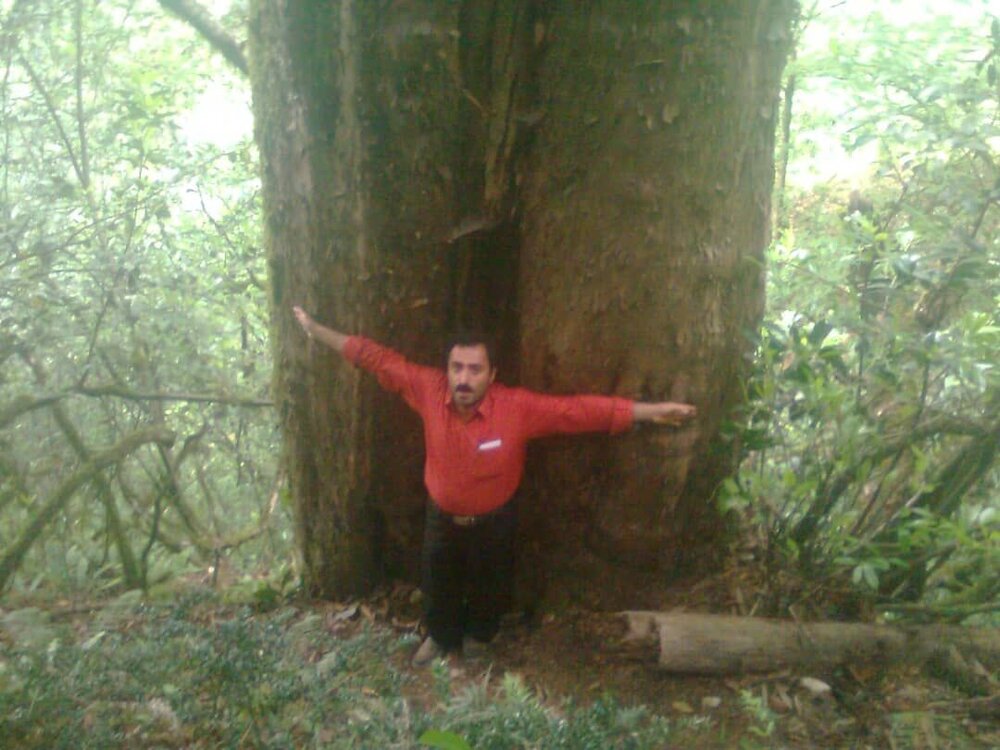Voluminous Taxus baccata spotted in Hyrcanian Forest

TEHRAN – The thickest-ever Taxus baccata L. (European yew) in Iran, which is said to be one of the most voluminous in the world, has been found in the northern Hyrcanian Forest.
The tree is 192 centimeters in diameter, 30 meters in height, and is some 1,200 years old, said Mohammad-Sadeq Tahmasbpour, the head of the natural resources and watershed management department of the city of Babol, Mazandaran province.
Taxus baccata L. is a tertiary relict in the region and a long-lived dioecious tree with high ecological and economic importance in the Hyrcanian Forest.
There are eight Taxus species and two hybrids in the world and Taxus baccata L. is the single representative in Iran, according to the Journal of Medicinal Plants.
Certain compounds found in the bark of yew trees have been discovered to have efficacy as anti-cancer agents.
Spanning from the south of Azerbaijan to about 850 km eastward to the provinces of Gilan, Mazandaran, and Golestan, the Hyrcanian Forest are witnesses of the ancient forests of the world estimated to be survived for a long period spanning 35 and 50 million years.
Due to their vast expanses, the Hyrcanian Forest has a significant impact on oxygen production and natural air purification.
It contains very rich ecosystems due to the particular orographic and climatic situation (precipitation rich, warm-temperate, high moisture from the Caspian Sea and damming effect of the Alborz Mountain range).
The forest contains the most important and significant natural habitats for in-situ conservation of biological diversity with 69 mammal species and 304 bird species, including those containing threatened species of outstanding universal value from the point of view of science or conservation. It also contains superlative natural phenomena or areas of exceptional natural beauty and aesthetic importance.
MG
Leave a Comment